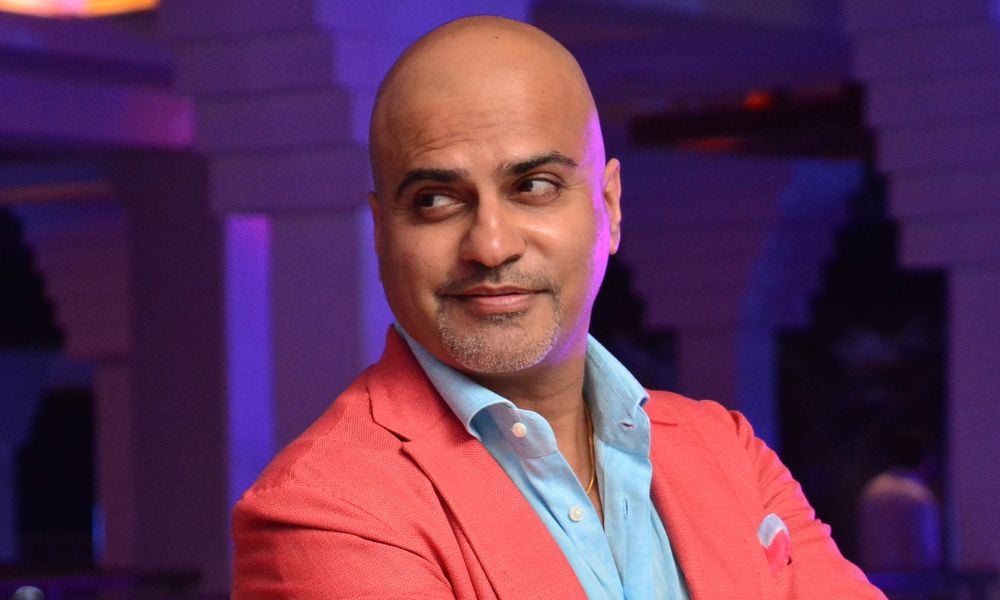
Personal injury lawyer Nainesh Kotak says 'live your life' but be transparent about disabilities

The use of surveillance by insurance companies defending personal injury and disability cases is more about attacking the plaintiff’s credibility than determining the true extent of a person’s injuries and limitations, says lawyer Nainesh Kotak.
Insurance companies spend millions of dollars a year to conduct surveillance on claimants for use as evidence to dispute alleged limitations and restrictions a person might face, says Kotak. But he says this is less about uncovering fraud than the insurer “getting the best outcome” and limiting the payout.
Kotak adds that claimants with genuine disabilities are “humiliated” and feel they can’t live the “best life possible” under the circumstances.
“Often, the first question a client asks me is, ‘Are they going to follow me? Can I live my life?’” Some, especially those with depression or anxiety disorders, may isolate themselves because they fear leaving home due to possible surveillance.
“It forces them into a cocoon, which could hurt their mental state even more.”
Cases of fraud are rare, Kotak points out. For example, the Workplace Safety and Insurance Board (WSIB) says that of the 250,000 claims it receives annually, only about 20 individuals are convicted of claims offences. Fraud more typically revolves around claimants working at other jobs while claiming they can’t work.
Kotak adds that surveillance doesn’t accurately depict what a claimant can and can’t do regularly.
“Just because someone says they can only walk about one block and they’re caught on camera walking five blocks, doesn’t mean they can work,” he says, noting that it might have taken a fair amount of pain and exertion to do that extra walk, and the reasons for doing so might have been essential for the person’s physical or mental wellbeing.
Still, surveillance can be a “very valuable tool for insurance companies,” mainly when juries are shown pictures or a video of somebody doing things that they’ve said they can’t do.
“It can really hurt a case,” he says, as it suggests, “Well, if we can’t believe you about this, then maybe we can’t believe you about other things - it all comes down to attacking the claimant’s credibility.”
Kotak says insurance companies often hire private investigators to watch and record disability claimants from public property, taking photos and videos of the claimant where there is no reasonable expectation of privacy.
Once the claimant leaves home, the private investigator will observe and record their movements, including shopping trips, socializing with friends and family, or driving to appointments.
“Insurance companies will also look for photographs, personal webpages, employment status updates and communication with others, where contradictory information could be used as evidence against the disability claim.”
However, even this type of information can give a false impression of the disabilities a claimant is facing.
“Our observation is that the specifics of each claim are different, and the surveillance evidence collected can be misconstrued and used unfairly against legitimate claims,” says Kotak. “Medical records, witness statements and expert testimony are much better ways to collect evidence of a person’s injuries and limitations.”
While these are better tools for determining disabilities, Kotak says insurance companies still use surveillance because “one day they may hit the jackpot.”
“Most of the time, nothing will come up, but once in a blue moon, they’ll hit a home run that could damage the plaintiff’s case and gives the insurance company leverage.”
According to Kotak Law, some steps can reduce the chance of surveillance discrediting a disability claim:
Kotak says that his advice essentially comes down to clients being transparent with the insurers and medical professionals they deal with. “I’ll be asked ‘Can I travel?’ and I’ll say yes unless you say you can’t.”
Also, Kotak says clients must inform their lawyers if they think an insurer is surveilling them. The lawyer can then ask for an updated affidavit of documents, “which should include the notification of surveillance, and then the lawyer can ask for particulars.”
He adds: “It’s important to note that the use of surveillance in disability claims must comply with privacy laws and regulations, and the evidence collected must be relevant and admissible in the claims process.”